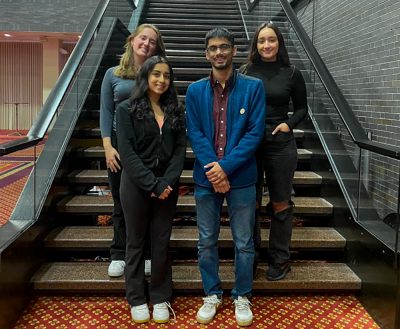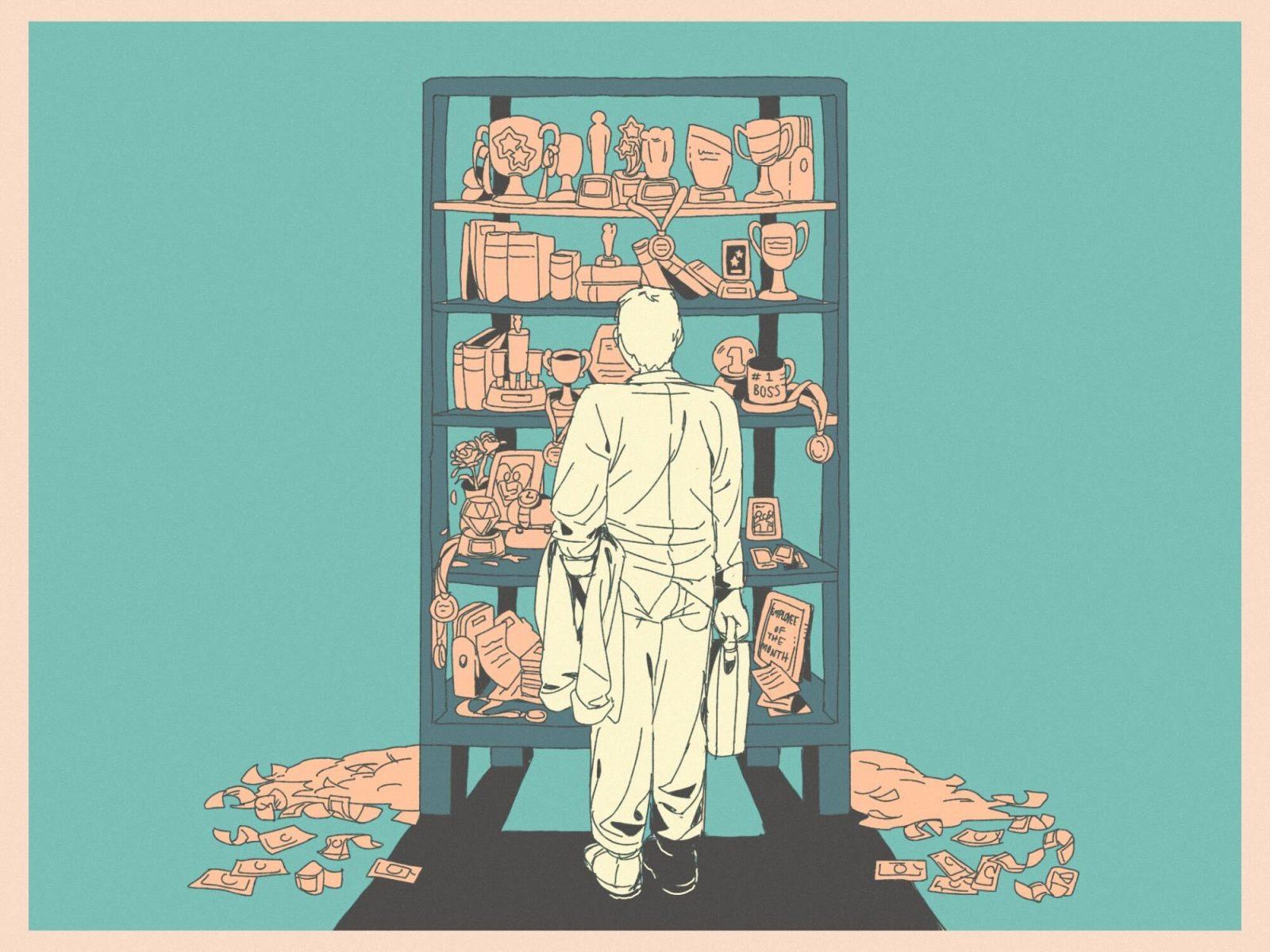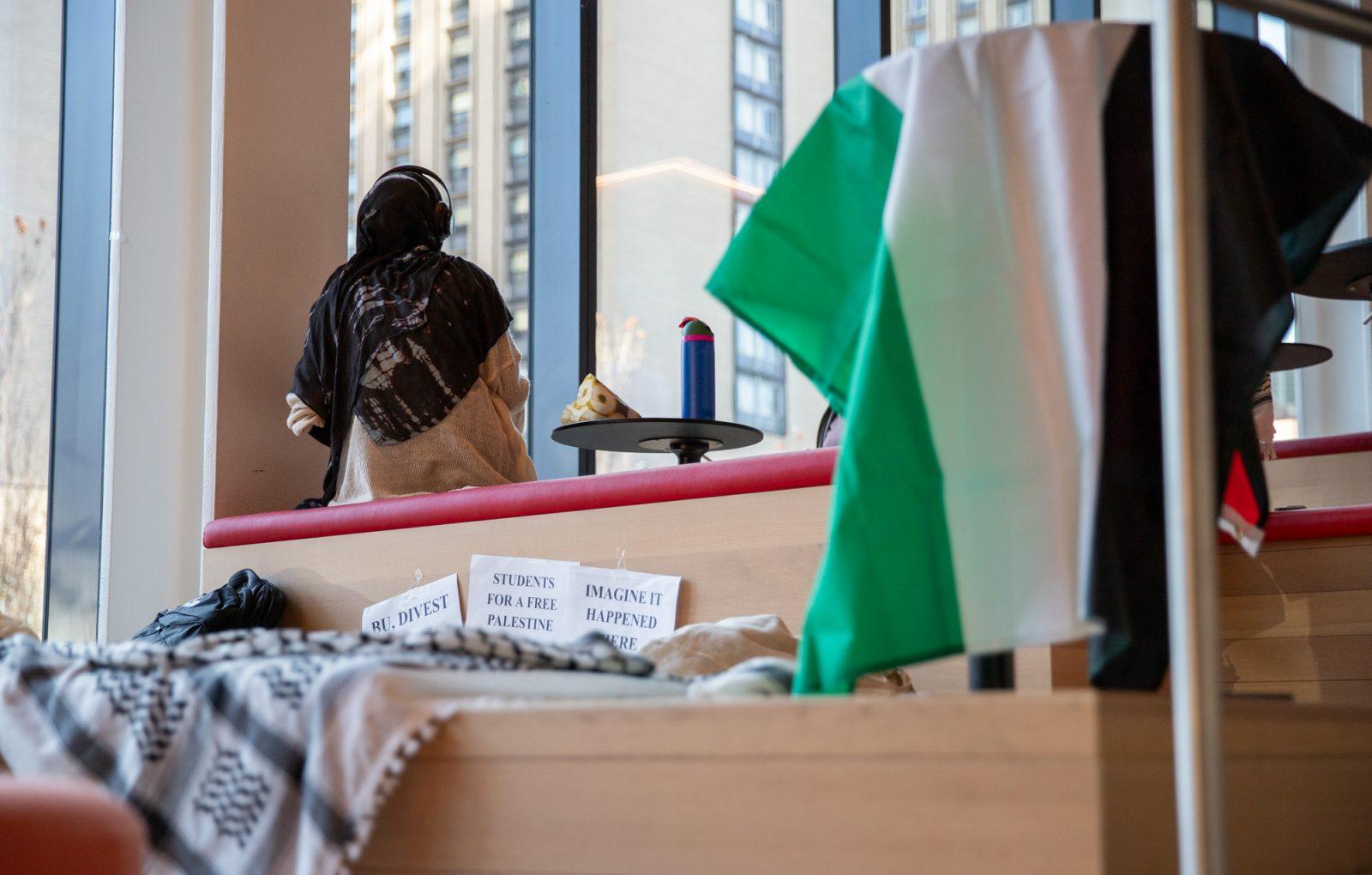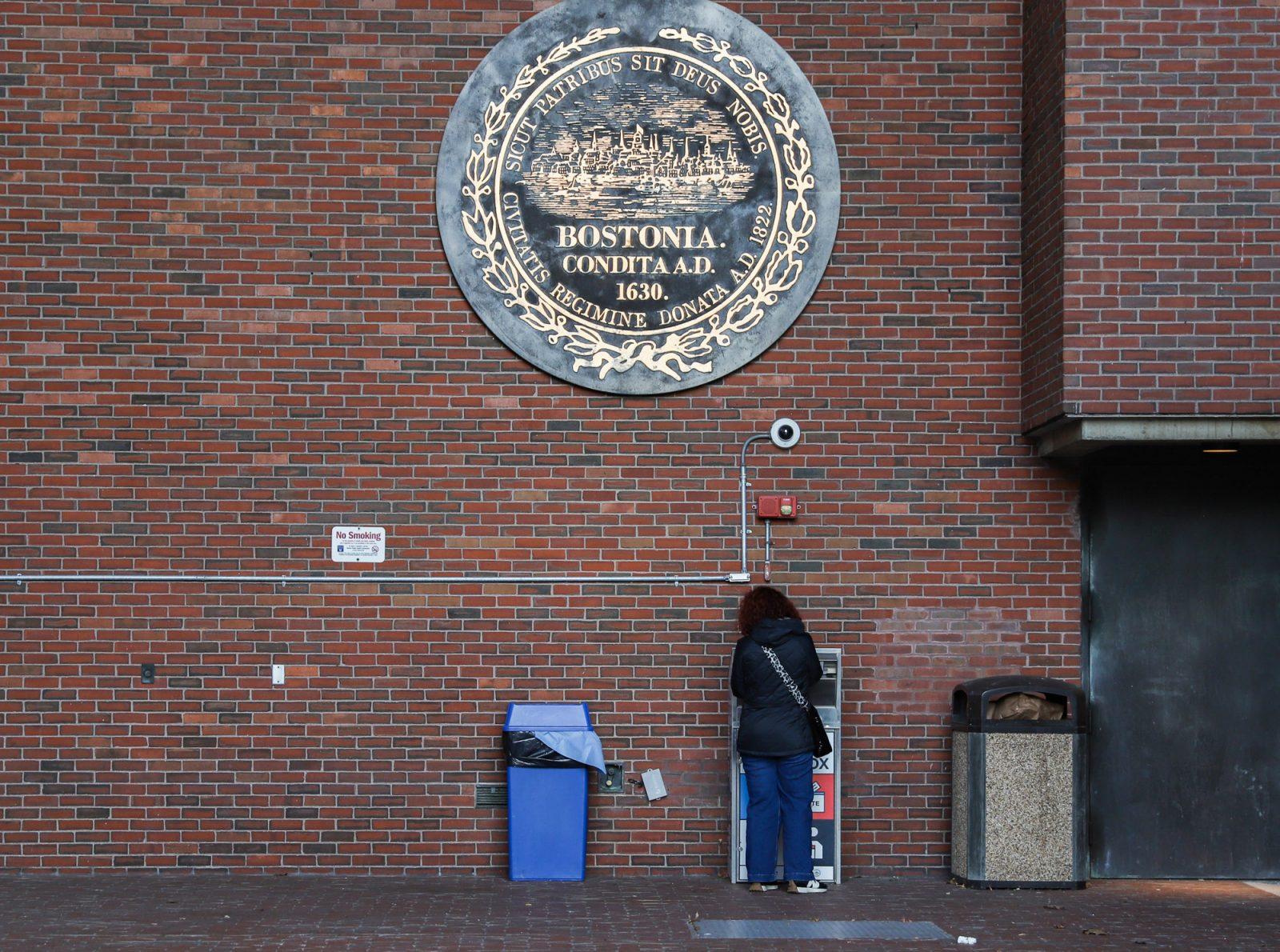A trip to the U.S.-Mexico border during spring break last semester inspired two students to start a club that aims to improve the lives of people affected by forced displacement — refugees, asylum seekers, and people affected by homelessness, among others — on a local level.

Assisting Refugees through Initiative, Service, and Education, or ARISE, hopes to differentiate itself from other service organizations at BU through its focus on long term service initiatives and “tangible” change, said co-founder Samaa Rasheed, a junior in the Sargent College of Health and Rehabilitation Sciences.
“We … want this club to work on a semester-long project on some initiatives that they think will benefit the refugee or the displaced populations in Boston,” said Rasheed.
Rasheed said ARISE partnered with organizations such as Fenway Cares and hopes to work with the Mayor of Boston’s Office and the Refugee Women’s Health Clinic.
“We want to encourage members that this is not just a one and done type of thing, like we’re here to actually either implement or do something where we’ll see a change in Boston,” Rasheed said.
Co-founder Faisal Ahmed said on the trip to the border with the Center on Forced Displacement, “visceral” experiences forced him to confront feelings of frustration in his inability to “find appropriate or effective avenues” to serve these communities of forcibly displaced people.
“We have an ability to impact other people positively,” said Ahmed, a junior in the College of Arts and Sciences. “Because we have that ability, and some of us have the privilege, we have a responsibility to do that, too.”
Throughout the trip, Rasheed said she felt there was a need for more direct impact, student engagement and overall change. There was a lot of research and discussion led by professors, she said, but not much action being taken.
“I wanted to branch off and definitely take what we learned … and just start something where we can see the change made within the populations, and we can work with displaced people in Boston,” she said.
Rasheed said there is plenty of work to be done locally, citing the example of migrants unexpectedly arriving in Martha’s Vineyard in September.
“It’s very relevant here as well,” Rasheed said.
Sarah Benhalima, the club’s secretary, said that ARISE aims to help all students see the impact they can make through engaging in different initiatives, education-based and service opportunities that the club will provide.
In collaboration with Amnesty International BU, they will be hosting guest speaker Samer Saliba, head of practice of the Mayors Migration Council, at 6:30 p.m. on Oct. 20 in the Rafik B. Hariri Building Room 302.
“We’re currently in the works of having professor talks and having qualified professionals come visit and give talks and discussions on campus but also be able to provide resources to students to know how to make a bigger impact on their own,” said Benhalima, a senior in CAS and the Questrom School of Business.
Ahmed said educating students prior to service is important, specifically for preventing “voluntourism.”
“That’s not why you should be doing service,” Ahmed said. “We need to reimagine the way that we do service and do it in a way that’s effective and responsible towards the people who we’re actually trying to serve.”
Club member Faizaan Firoz said ARISE focuses on “learning service” learning about communities beforehand, rather than “service learning,” serving people in order to learn about them.
“Because we’re learning about the people before we serve them, we have a better idea of what they need and how we can actually help, instead of just going there in order to say we did service,” said Firoz, a sophomore in the College of Arts and Sciences.
Ahmed said the club looks to create positive and “responsible” impact.
“The biggest positive impact we can make [is] if we can inspire people on campus to be engaged with this issue,” Ahmed said.





























































































































